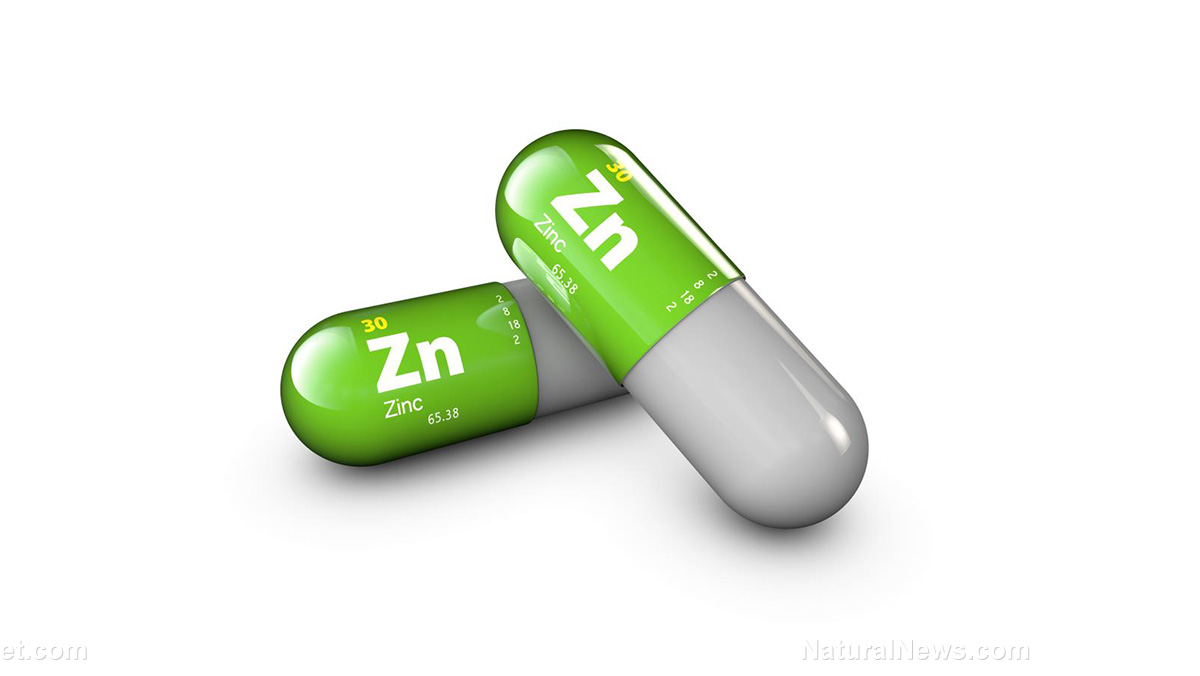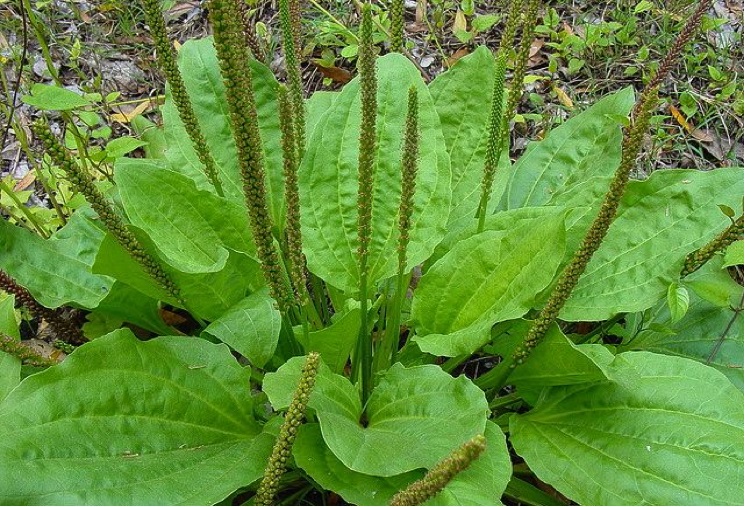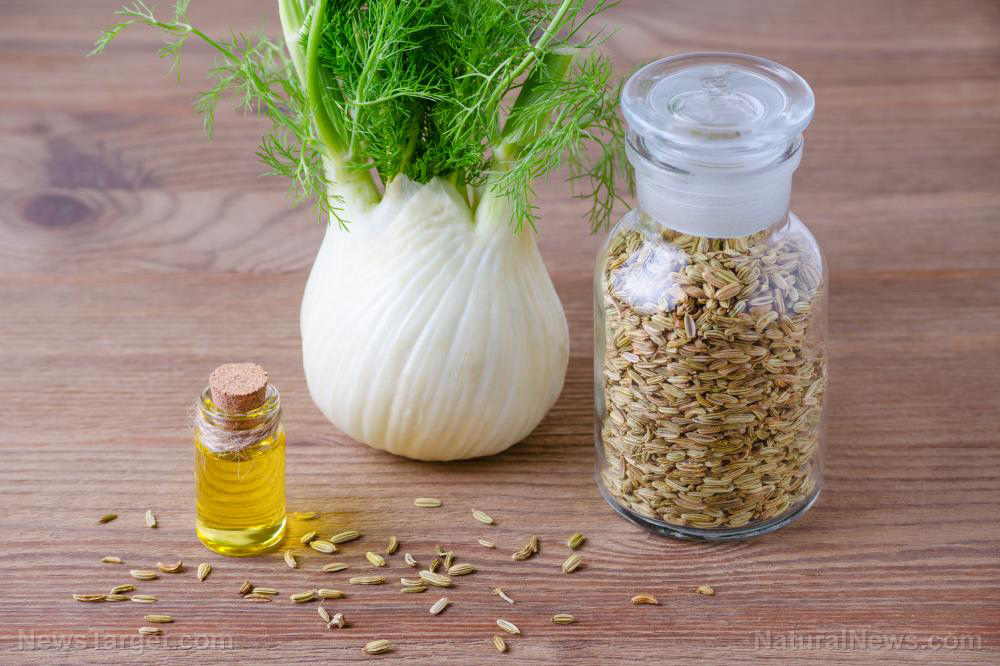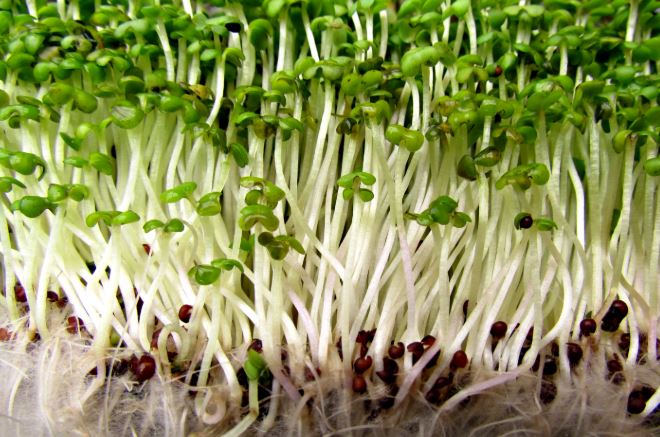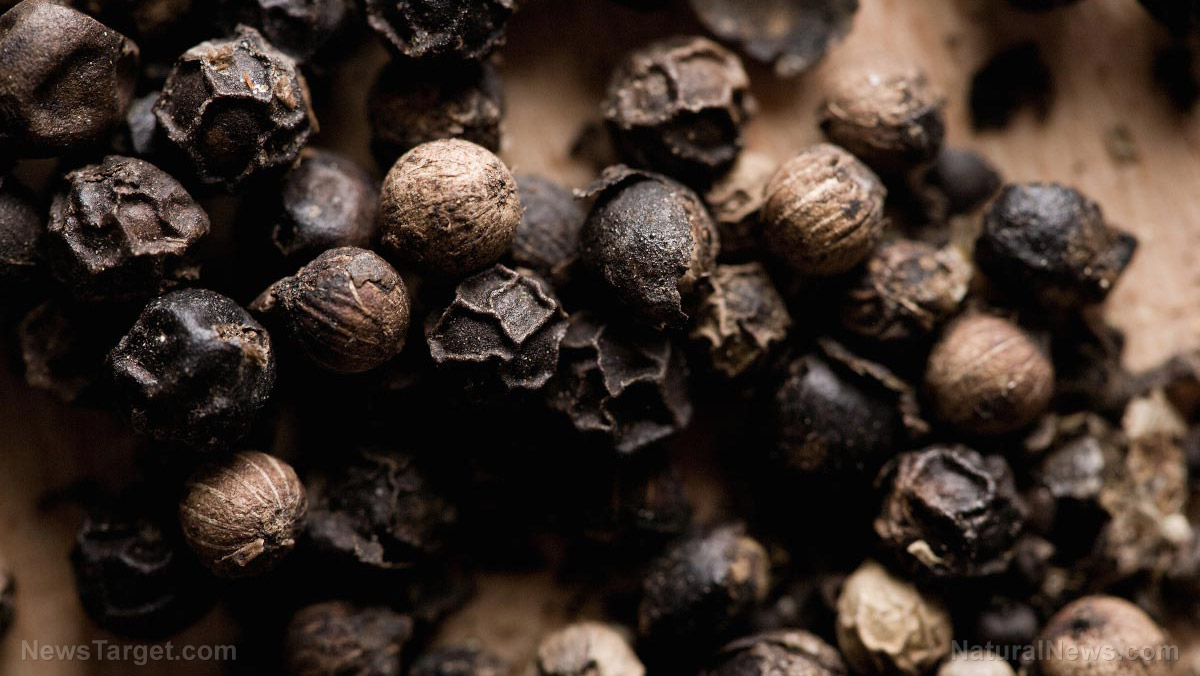Beat antibiotic resistance and ease cystitis symptoms with delicious green tea
03/31/2020 / By Tracey Watson

Cystitis is the medical term for inflammation of the bladder. Usually this type of inflammation is caused by a bacterial infection which most women are familiar with, known as a urinary tract infection (UTI). UTIs are painful, uncomfortable, and can become serious if the infection spreads to the kidneys.
The conventional treatment for cystitis is an antibiotic called trimethoprim-sulfamethoxazole, which is also commonly used to treat bronchitis and middle ear infections. As reported by Green Med Info, this class of antibiotics has a proven track record against E. coli, the bacteria which causes as many as 95 percent of all cystitis infections.
But there’s a problem: A combination of misuse and overuse of antibiotics has resulted in a situation where bacteria, including E. coli, have become resistant to many of the commonly used antibiotics medications.
One treatment avenue that scientists are examining to combat this problem is combining antimicrobial herbs with antibiotics to make them more effective.
A recent study by researchers from the Kerman University of Medical Sciences in Iran found that the catechins, polyphenols and antimicrobials in green tea have synergistic effects when combined with the antibiotic trimethoprim-sulfamethoxazole. (Related: Women with acute uncomplicated cystitis can benefit from green tea.)
What is cystitis?
As explained by Healthline, UTIs develop when bacteria enter the bladder or urethra and begin to multiply, leading to infection and inflammation. Bacterial imbalances in the body, medications and certain hygiene products can all contribute to the development of this type of infection.
Symptoms include:
- A frequent need to urinate, even after the bladder is emptied
- Strong-smelling or cloudy urine
- A low grade fever
- Blood in the urine
- Pain during sexual intercourse
- A feeling of pressure or fullness in the bladder
- Cramps in the back or abdomen
If a UTI spreads it can become a kidney infection, which can cause nausea, vomiting, chills and pain in the back or side. (Related: Beat interstitial cystitis naturally.)
Green tea is a powerful aid for beating cystitis
As reported by Green Med Info, the researchers at Kerman University set out to investigate the benefits of green tea as an adjunct therapy for the treatment of cystitis.
For their triple-blind, randomized trial, the researchers included 35 otherwise-healthy, non-pregnant, premenopausal women between the ages of 18 and 50, who were suffering with uncomplicated cystitis.
While the response rate to the antibiotic treatment alone would be around 50 percent, the researchers anticipated that this could be increased to around 80 percent by the addition of green tea.
Green Med Info reported:
To test their hypothesis, 107 patients were allocated into one of two groups, experimental or placebo (control). Participants were assigned to receive four 500-milligram (mg) capsules of green tea in the experimental group, while the control group received the same number of starch-only capsules with identical shape, color and packaging.
Both groups were dosed daily for a period of three days, while also receiving the standard course of antibiotic treatment: two 480-mg tablets of co-trimoxazole twice daily for three days. …
Of the 107 eligible participants, 70 women completed the trial. Women in the green tea group showed a statistically significant decrease in the prevalence of cystitis symptoms at each time point after initiating treatment in comparison with the placebo group.
Meanwhile, the addition of the green tea resulted in a statistically significant improvement in urinalysis results (abnormal urine color, the presence of pus and bacteria in the urine), with the exception of blood in the urine (hematuria), after three days of treatment.
Of course, green tea is one of the most well-known superfoods, and offers a host of other health benefits besides alleviating the uncomfortable symptoms of cystitis.
Learn more about the health benefits and healing powers of green tea at Nutrients.news.
Sources for this article include:
Tagged Under: #nutrition, antibiotic resistance, Antibiotics, cystitis, Green tea, natural cures, natural medicine, nutrients, prevention, remedies, urinary tract infections, UTI, women's health
RECENT NEWS & ARTICLES
COPYRIGHT © 2017 NATURAL CURES NEWS








